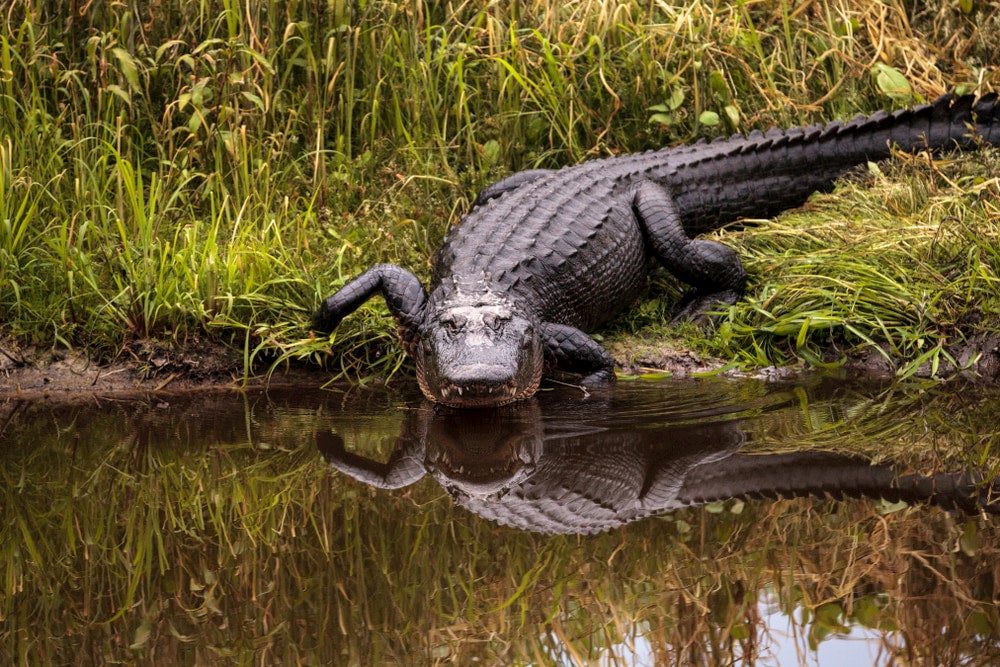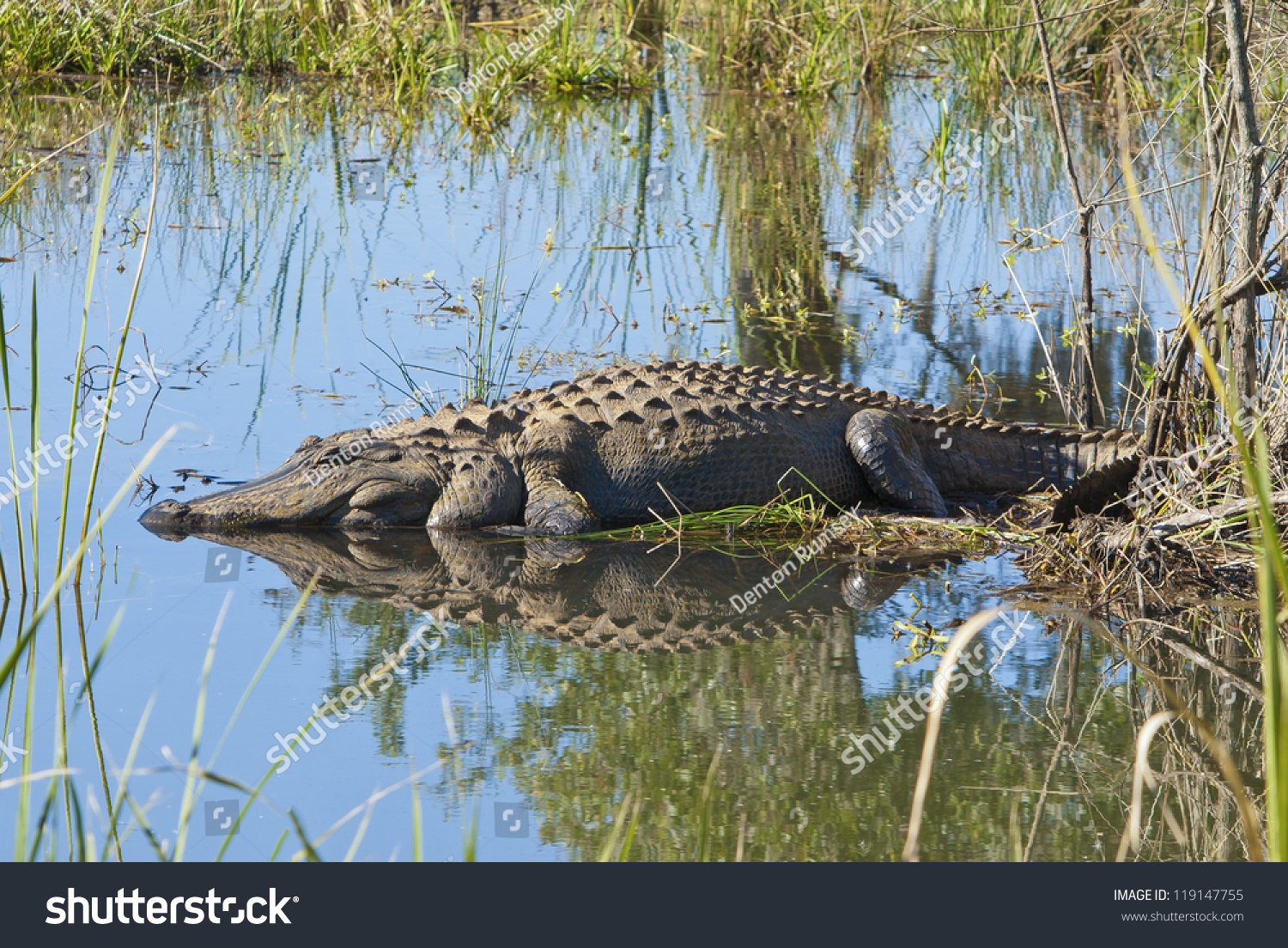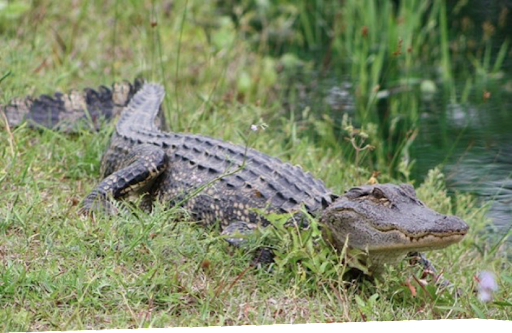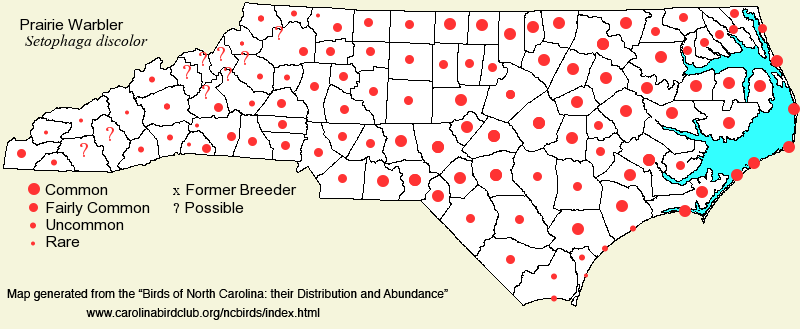Alligators in North Carolina: A Comprehensive Look at Their Range and Ecology
Related Articles: Alligators in North Carolina: A Comprehensive Look at Their Range and Ecology
Introduction
With enthusiasm, let’s navigate through the intriguing topic related to Alligators in North Carolina: A Comprehensive Look at Their Range and Ecology. Let’s weave interesting information and offer fresh perspectives to the readers.
Table of Content
Alligators in North Carolina: A Comprehensive Look at Their Range and Ecology

While often associated with the deep south, alligators have a surprising presence in North Carolina. Their presence in the state is a testament to the state’s diverse ecosystems, and understanding their distribution and behavior is crucial for ensuring both human and wildlife safety. This article delves into the fascinating world of alligators in North Carolina, exploring their habitat, behavior, and the factors influencing their population dynamics.
A Historical Perspective:
Alligators were once more widespread in North Carolina, inhabiting a broader range than they do today. Their historical distribution, however, has undergone significant changes due to factors like habitat loss, hunting pressure, and climate change.
Current Distribution and Habitat:
Today, alligators in North Carolina are primarily confined to the southeastern coastal plain, specifically the southeastern counties. The map below depicts their current range, highlighting the areas where they are most likely to be found.
[Insert Map of Alligator Distribution in North Carolina]
Alligators thrive in freshwater habitats, primarily slow-moving rivers, lakes, swamps, and marshes. They prefer areas with abundant vegetation, providing cover and ample food sources. The presence of these habitats is essential for their survival and dictates their distribution within the state.
Ecological Role and Importance:
Alligators play a vital role in maintaining the health of their ecosystems. As apex predators, they help regulate populations of fish, turtles, and other smaller animals, ensuring a healthy balance within the food web. Their presence can also influence the structure of aquatic habitats, creating nesting sites for other animals and contributing to the overall biodiversity of the region.
Understanding Alligator Behavior:
Alligators are generally solitary animals, except during mating season. They are most active during the day, especially in the warmer months, and are known to bask in the sun on logs or riverbanks. While they are typically shy and avoid human contact, they can be aggressive if threatened or provoked.
Human Interaction and Safety:
Encountering an alligator in North Carolina is a rare occurrence, but it is essential to understand how to interact with them safely. Here are some important tips:
- Maintain a Safe Distance: Always keep a safe distance from alligators, particularly in their natural habitats. Never approach or attempt to feed them.
- Be Aware of Your Surroundings: Pay attention to your surroundings, especially in areas known to have alligator populations. Look for signs indicating their presence, such as tracks, nests, or basking areas.
- Keep Children and Pets Safe: Supervise children and pets closely near bodies of water, especially those known to be alligator habitats. Do not allow them to swim or play in areas where alligators are present.
- Respect Their Space: If you encounter an alligator, give it ample space and avoid making sudden movements. Do not attempt to chase it away or provoke it.
- Report Sightings: Report any alligator sightings to local authorities or wildlife agencies. They can assess the situation and take appropriate action.
Conservation and Management:
Alligator populations in North Carolina are carefully monitored and managed by state wildlife agencies. Conservation efforts focus on protecting their habitats, regulating hunting, and educating the public about their importance.
FAQs about Alligators in North Carolina:
Q: How big do alligators in North Carolina get?
A: Alligators in North Carolina typically reach lengths of 8-10 feet, although larger individuals have been documented.
Q: Are alligators dangerous?
A: Alligators are wild animals and should be treated with respect. While they are not typically aggressive towards humans, they can be dangerous if provoked or threatened.
Q: What should I do if I see an alligator?
A: Maintain a safe distance and report the sighting to local authorities or wildlife agencies.
Q: Are alligators protected in North Carolina?
A: Alligators are protected in North Carolina, and hunting is regulated.
Q: What are the signs of alligator activity?
A: Look for tracks, nests, basking areas, and signs of disturbance in the water.
Q: Are alligators a threat to humans in North Carolina?
A: While alligator attacks are rare, it is important to be aware of their presence and take precautions to avoid encounters.
Q: How can I help protect alligators?
A: Support conservation efforts, educate others about alligators, and report any illegal activity.
Conclusion:
Alligators are an integral part of the North Carolina ecosystem, playing a crucial role in maintaining biodiversity and ecological balance. Understanding their distribution, behavior, and conservation needs is essential for ensuring their continued presence and the health of the state’s natural resources. By respecting their space, practicing responsible wildlife viewing, and supporting conservation efforts, we can contribute to the preservation of these fascinating creatures for generations to come.








Closure
Thus, we hope this article has provided valuable insights into Alligators in North Carolina: A Comprehensive Look at Their Range and Ecology. We thank you for taking the time to read this article. See you in our next article!